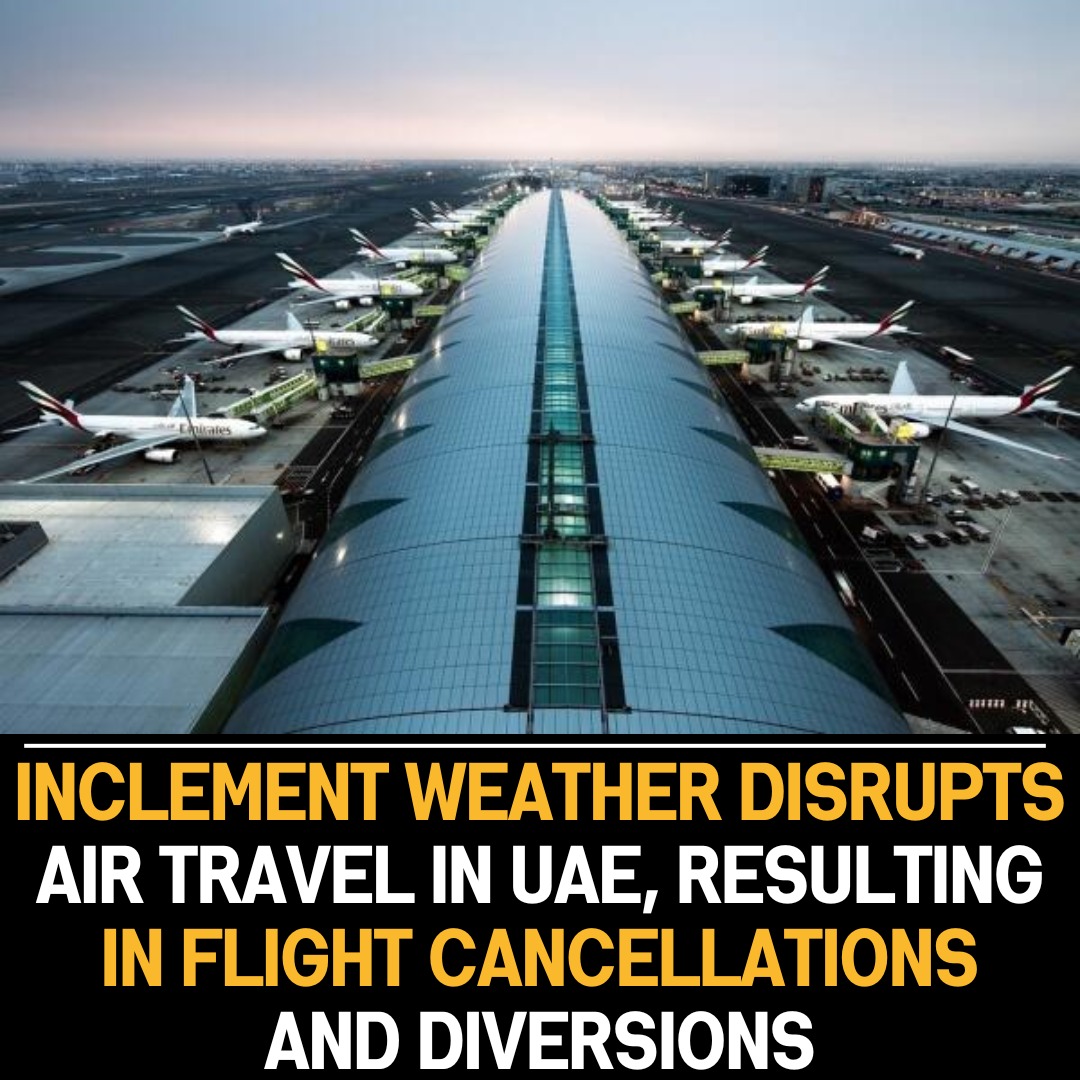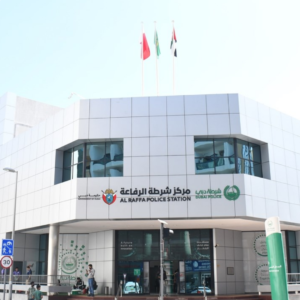Adverse weather conditions in the UAE have prompted significant disruptions in air travel, leading to flight cancellations and diversions that are exerting a substantial influence on air travel schedules and potentially inconveniencing passengers and airline operations.
The UAE, known for its hot and arid climate, occasionally experiences adverse weather phenomena such as dust storms, strong winds, and heavy rainfall, especially during certain times of the year. These weather conditions pose challenges for aviation operations, as they can affect visibility, runway conditions, and overall safety for aircraft.
Flight cancellations and diversions are common responses by airlines and airport authorities to adverse weather conditions. Cancellations occur when airlines determine that it is unsafe or impractical to operate flights as scheduled, either due to the severity of the weather or operational constraints. Diversions involve redirecting flights to alternate airports to avoid the affected area or to wait out the weather conditions until it is safe to proceed.
These disruptions have a ripple effect on air travel schedules, causing delays, congestion, and logistical challenges for airlines and passengers alike. Passengers may experience inconvenience due to missed connections, extended wait times, and uncertainty about their travel plans. Additionally, airlines must navigate complex logistical issues, such as rebooking passengers, accommodating affected travelers, and managing aircraft rotations to minimize disruptions to their overall operations.
The impact of adverse weather conditions on air travel extends beyond immediate inconvenience to passengers and airlines. It can also have economic repercussions, affecting tourism, business travel, and the overall aviation industry. Delays and cancellations can lead to lost revenue for airlines, increased operational costs, and negative perceptions of travel to and from the affected region.
Furthermore, adverse weather events highlight the importance of robust contingency planning and risk management strategies for airlines and airport authorities. Proactive measures, such as advanced weather forecasting, communication with passengers, and flexible scheduling, are essential for mitigating the impact of weather-related disruptions and maintaining the integrity of air travel operations.
In conclusion, adverse weather conditions in the UAE have led to flight cancellations and diversions, causing significant disruptions to air travel schedules and potentially inconveniencing passengers and airline operations. These challenges underscore the importance of preparedness, flexibility, and communication in managing weather-related risks and maintaining the reliability and safety of aviation services.









